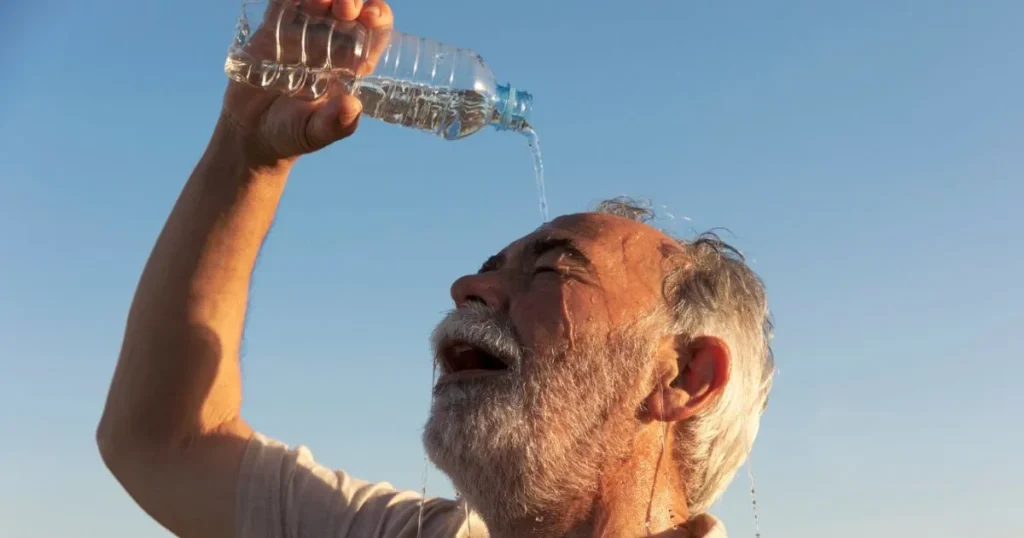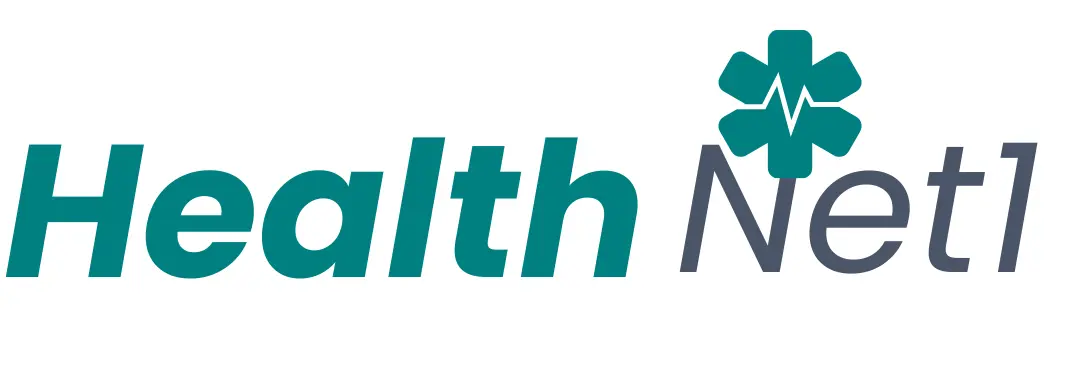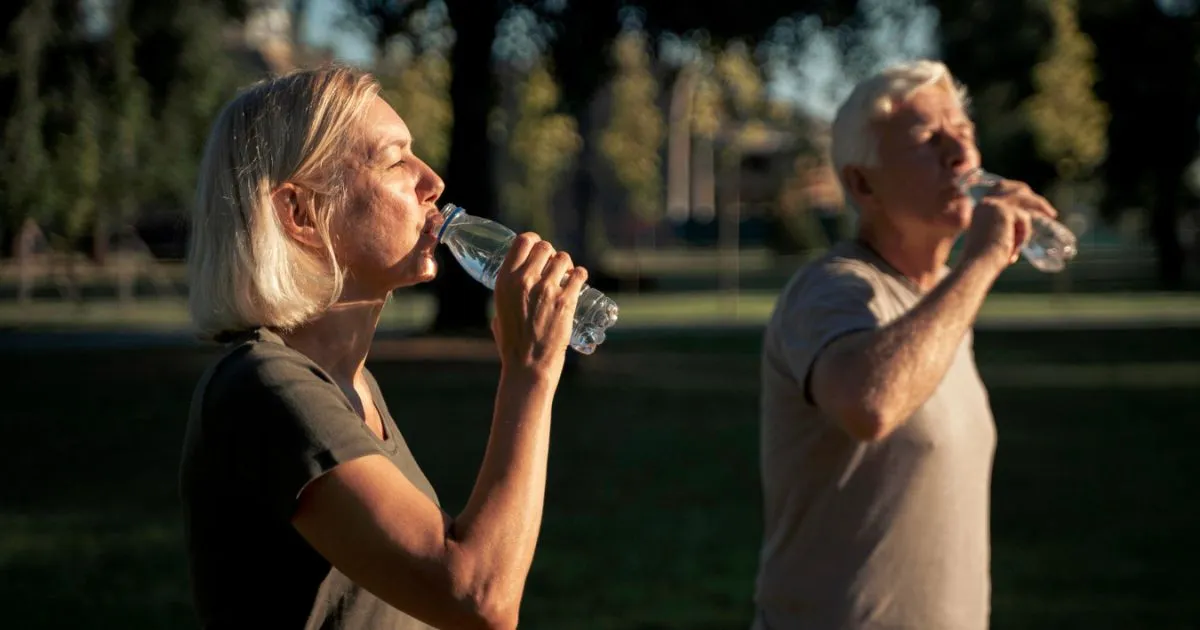Dehydration and Heart Rate: What’s the Connection?
When Your Thirst Sends Your Heart Racing
You’ve probably been there. Maybe it was a blazing summer afternoon when you lost track of time mowing the lawn, or a grueling workout where your water bottle sat forgotten at the edge of the track. A few hours later, your mouth was dry, your head was light — and then you noticed it: your heart thumping wildly in your chest for no clear reason.
It’s easy to shrug off dehydration as a minor nuisance. You feel a bit thirsty, your lips crack, and you grab a glass of water — problem solved, right? But there’s more at play than just quenching thirst. That dry spell can ripple through your body in ways you might not notice until your heart starts beating faster to compensate for what it’s missing.
If you’ve ever wondered why dehydration can send your heart rate soaring — or what to do when it does — you’re about to find out.
What Really Happens Inside Your Body When You’re Dehydrated
You might think of dehydration as simply “not enough water.” Technically, that’s true — but your body is more sophisticated than an empty glass. When you’re low on fluids, your total blood volume drops too. Less fluid means your heart has less to push through your veins with each beat.
To keep your blood pressure from dropping too low, your heart shifts gears: it speeds up. This is why dehydration often leads to an elevated pulse, sometimes jumping from a calm 70 beats per minute to 100 or more.
Your body’s built-in defense mechanisms are impressive, but they come at a cost: your heart ends up working overtime to make up for every ounce of lost water.
Trusted Source: According to the American Heart Association, even mild dehydration makes your heart work harder than it should.
How Dehydration Impacts Heart Rate: The Hidden Link
When you sweat, breathe, or even talk, you lose water. That’s normal — your body’s constantly balancing fluids and electrolytes. But if you don’t replace what you lose, your system tilts off balance.
Here’s what happens step-by-step:
- Fluid loss: Sweat, urine, or just not drinking enough.
- Blood volume drops: Less water in your system means your heart has less liquid to circulate.
- Heart rate rises: To make up for less blood, your heart beats faster to deliver oxygen and nutrients where they’re needed.
- Electrolyte imbalance: Without enough sodium and potassium, your heart’s rhythm can get out of sync, triggering palpitations.
Check Your Pulse: What’s Normal, What’s Not?
It’s normal for your heart rate to climb when you exercise, get stressed, or even stand up quickly. But dehydration can push your resting heart rate higher than it should be — even when you’re sitting still.
Average Resting Heart Rate for Adults:
| State | Average Resting Heart Rate |
| Well-hydrated | 60–100 bpm |
| Mildly dehydrated | 80–110 bpm |
| Severely dehydrated | 100+ bpm (Seek medical help if persistent) |
If your pulse feels unusually fast and you haven’t been active, consider how much water you’ve had today. If you’re short on fluids, that might be the culprit.
Quick Tip: Want to check your pulse? Place two fingers on your wrist or side of your neck, count the beats for 15 seconds, and multiply by four. That’s your beats per minute (bpm).
Other Clues Your Heart Rate Is Linked to Dehydration
Your heart isn’t the only organ ringing alarm bells when you’re running dry. Your entire system throws up signals — some subtle, others impossible to ignore.
Look Out for These Red Flags
- Dry mouth and cracked lips: Obvious but easy to dismiss.
- Dizziness or lightheadedness: Especially when standing up quickly.
- Fatigue that lingers: Dehydration zaps your energy.
- Dark urine: A darker color means you need more fluids.
- Heart pounding or palpitations: If your pulse feels jumpy or irregular, dehydration might be part of the puzzle.
When to Call the Doctor
Sometimes, drinking water alone won’t cut it. If you’re so dehydrated that your heart’s racing and you feel faint, it’s time to get help.
Get medical help right away if you experience:
- A heart rate that stays over 100 bpm while resting.
- Chest pain or tightness.
- Confusion or severe dizziness.
- Fainting or inability to keep fluids down.
Related: If your heart rate is high and you have chest discomfort, read Does Dehydration Cause Chest Pain?.
Are You at Higher Risk?
Some people can handle a bit of dehydration without major consequences. For others, even mild fluid loss sends the heart into overdrive.
You’re more vulnerable if you’re:
- Older: Your sense of thirst dulls with age.
- Very young: Kids lose fluids faster than adults.
- Active: Runners, hikers, and athletes lose a ton of sweat.
- Sick: Vomiting or diarrhea drains fluids fast. Learn more in Can Being Sick Cause High Blood Pressure?.
- Living in a hot climate: Heat speeds up fluid loss.
Hydration Hacks: Keep Your Heart Rate Happy

Staying hydrated isn’t just about drinking when you’re thirsty — by the time your mouth feels dry, you’re already lagging behind. Make hydration part of your daily routine.
Daily Targets
- Aim for about 8–10 glasses (2–2.5 liters) of water daily.
- If you exercise heavily or sweat a lot, you may need more.
Balance Your Electrolytes
Water alone sometimes isn’t enough. If you sweat buckets, your sodium and potassium levels drop too.
Good sources of natural electrolytes:
- Bananas
- Coconut water
- Yogurt
- Leafy greens
A pinch of salt in your water (not medical advice — check with your doctor) can also help restore balance after intense sweat loss.
Hydration Habits That Stick
- Carry a reusable bottle everywhere.
- Infuse your water with fruit slices if plain water bores you.
- Set phone reminders to sip regularly.
- Drink a glass of water before each meal.
- Listen to your body — dark urine means you’re behind.
How Else Can Dehydration Impact You?
Your heart rate isn’t the only thing dehydration can mess with. You might notice headaches, fatigue, or even spikes in blood pressure.
If you’re curious about the blood pressure link, check out Will Dehydration Cause High Blood Pressure?
Low hydration can also hit your focus and mood. Ever felt cranky and foggy after skipping your water bottle? That’s not your imagination — it’s your brain’s way of telling you it needs water too.
FAQs: Your Dehydration and Heart Rate Questions Answered
Can dehydration really cause my heart to beat faster?
Absolutely. When your body’s fluids drop, your heart must pump quicker to circulate the reduced blood supply.
How quickly can I fix it by drinking water?
For mild dehydration, you can feel better within an hour or two. Severe dehydration might need professional care and IV fluids.
Can dehydration cause chest pain?
Sometimes, yes — it can cause muscle cramps or make your heart work so hard it triggers discomfort. Read more here: Does Dehydration Cause Chest Pain?
What’s the best drink for quick rehydration?
Plain water works for mild cases. For more severe dehydration, drinks with electrolytes — like sports drinks — can help restore balance.
External resource: CDC’s tips on staying hydrated
Your Next Step: Don’t Wait to Hydrate
Next time your heart feels like it’s running a marathon while you’re just sitting still, think back to the basics: how much water have you really had today?
Your heart does a lot for you — don’t make it work harder than it has to. Keep a water bottle at your desk, sip on the go, and remind yourself that hydration isn’t just about feeling less thirsty. It’s about giving your entire body — especially your heart — what it needs to keep you strong and steady.
If you found this helpful, explore more about how your daily habits influence your heart and overall well-being here at HealthNet1. And if you’re curious how sugar affects your system too, don’t miss How Long Does Sugar Stay in Your System?
Sources:
Disclaimer: This content is for informational purposes only and does not substitute for professional medical advice. Always talk to your healthcare provider about any health concerns.
Stay hydrated, stay steady — your heart will thank you for every sip.

